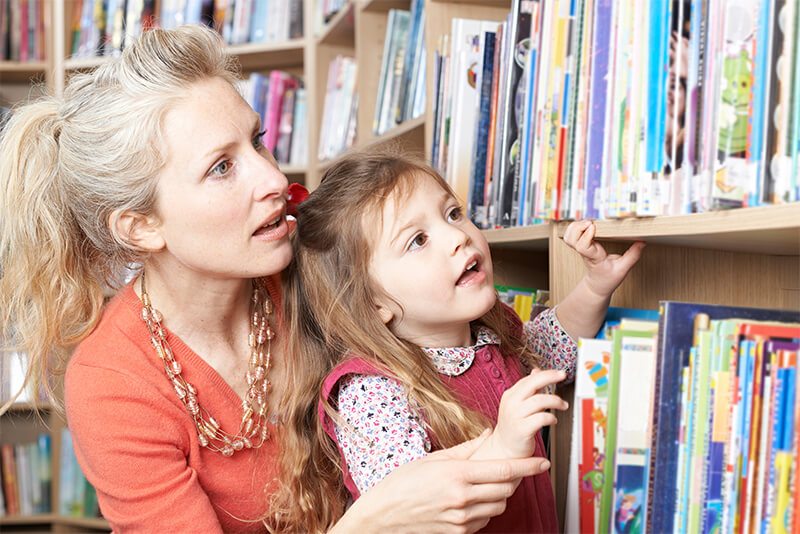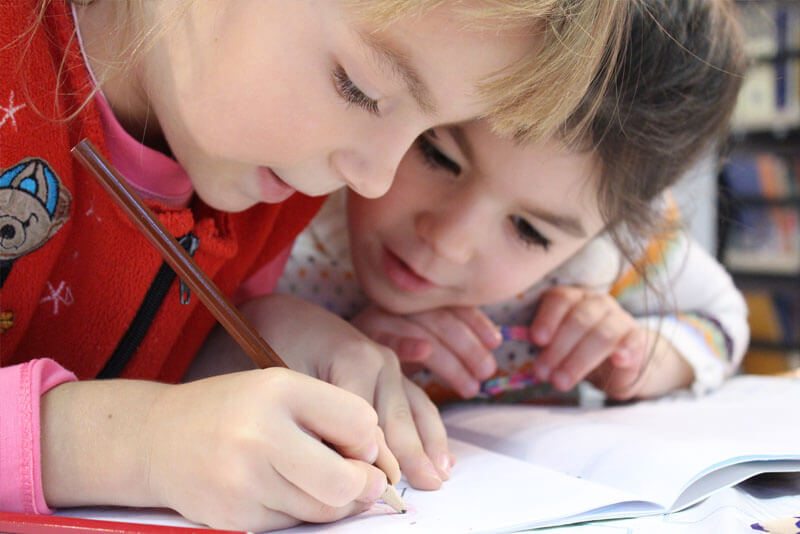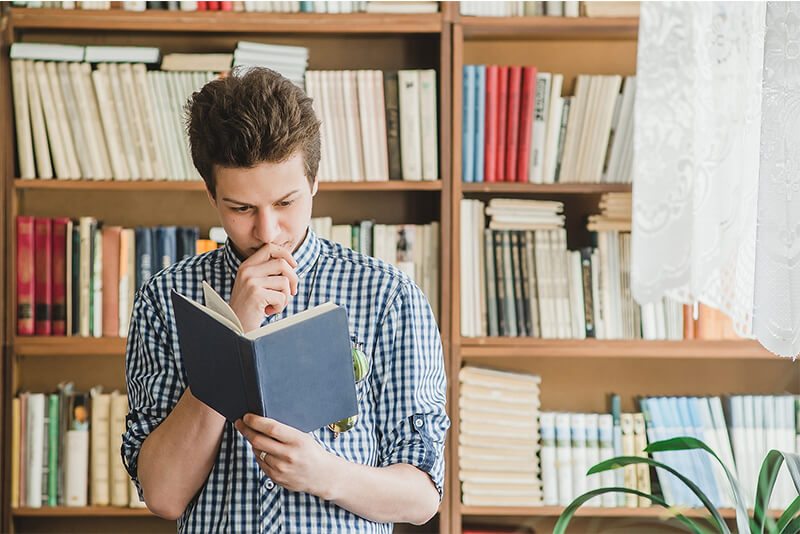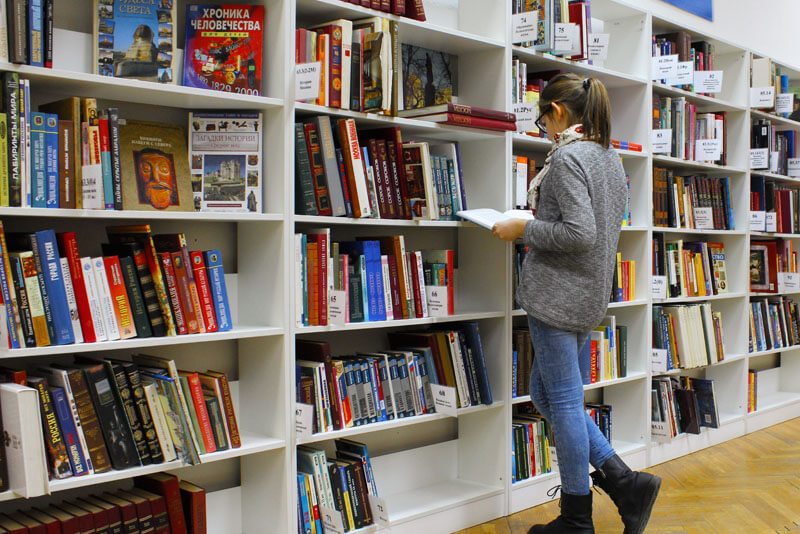Kids Holiday Workshops
Boost your child’s learning
The holidays offer an excellent opportunity to catch up on core skills in a small, focused group or to engage bright, inquisitive pupils who are looking for an additional challenge.
We offer a range of courses during the school holidays, providing children with the chance to learn in a supportive and engaging environment.
Course titles may include:
- Public Speaking
- Creative Writing
- Year 7 Preparation
- Year 12 Discovery Day
- Year 11 and 12 How to study for English
Browse our schedule for upcoming holiday classes.

Preparing for High School
Creating independent learners
‘Bridge to Year 7’ program aims to prepare your child for the educational challenges Year 7 and beyond
Suitable for children in Year 6
ENGLISH
During Year 7, students will be exposed to a vast range of terminology, as they are encouraged to analyse texts and use the language of texts such as ‘composer’, ‘audience’, ‘language techniques’ and ‘creating meaning’. They will also interpret essay questions and write both short answers and long detailed essays.
To assist Year 6 students prepare for Year 7, students will develop skills in report and essay writing. Skills including the deciphering of questions, identifying important facts, skimming and note taking. Students will learn to draft opening paragraphs of essays and reports to ensure they create a sound working base for development.
The development of narrative and creative writing skills will continue as we encourage students to link their understanding of how texts work through the exploration of a range of well-written texts by well-known authors.
Utilising an increased range of authors and books fosters an increase in vocabulary. Year 9 NAPLAN results have indicated that an expanded usable vocabulary positively effects writing in secondary school.
The development of persuasive writing skills will continue as they learn to write a response in essay style format after exposure to various research and current issues. Poetry and poetic imagery are also covered. The final unit of work includes learning how to study for exams and developing positive, effective study habits.
MATHS
Mastering the Year 6 core strands, including Measurement and Geometry, Number and Algebra, Statistics and Probability and Working Mathematically.
This includes developing understanding and fluency in mathematics through inquiry, exploring and connecting mathematical concepts, applying formulas and strategies, analyse data, choosing and applying problem-solving skills.
Additionally, covering topics introduced in secondary school, including Algebra, Directed (negative) numbers and Pythagoras’ Theorem will provide beneficial.
Why should my child attend?
Ease your child’s transition into High School, by equipping them with the ability to write as required in secondary school, as well as be exposed to key high school Maths topics. The change from Primary to High School is a significant time your child’s life; emotionally, physically, as well as academically. The demands placed on your child will be different to what they have been experiencing in Primary School. Help your child continue their academic success and achieve their future goals.
Held:
This program will be scheduled from 9:00am to 3:30pm. The date will be dependent on children attended. At this stage it is offered from Monday 7th January – Friday 1st February 2019. A minimum of 4 children are required to create the workshop group.

PIP RESEARCH AND WRITING ASSISTANCE
Learning to succeed
Personal Interest Project – Research and Writing Assistance Summer Program
Suitable for children in Stages 6 (Years 11 and 12)
Now, is the time – the crucial time to get more information on how to plan and write your Personal Interest Project (PIP) with help from ARRENDELL Education.
If you have now drafted your PIP proposal?
Have you ensured your proposal has included;
– Proposed hypothesis / title / question
– Your aim
– Your goals
– Relevance to MMM levels
– Concepts you want to use (fundamental + additional)
– How the PIP will make you a socially and culturally literate person
– Statement of your cross cultural comparison
– Primary research methods you wish to use (minimum of three) and why you think they are the most appropriate for your PIP
– Ethical considerations of your primary research methodologies
– Where you will have your log book?
If it’s an online logbook, include its link in the proposal.
– Possible resources you want to use
Hopefully by the end of the term, your teacher would have given you feedback for your proposal. If not, do not worry! You can use this extra time during the summer holidays to do secondary research. Aim to have at least 70% of your secondary research completed. Visit the library read online articles and observe the latest news trends. Take into consideration, your PIP is due around Trials. Your PIP proposal shouldn’t be left till last minute when your Trials are around the corner.
Secondary research will allow you to explore information and give you a clearer idea of what you want to do for your primary research. The ideal result would be to have one primary research method complete during the summer holidays. Most people do a questionnaire a their first method, as this is the easiest to create and send out. The most primary research you for your PIP, the more you will motivated and feel a sense of achievement.
Days held?
This workshop will be held over three days, between Monday 7th – Friday 25th January.
At this stage, these days have been nominated: Thursdays 3rd, 10th and 17th January 2019 (dependent on attending children).
However, feel free to nominate your interest and include suitable days you are able to attend.


